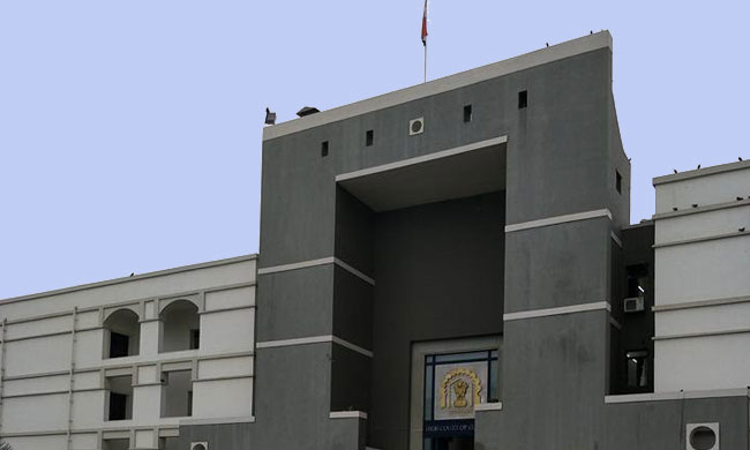Prosecution Must Satisfy Section 107 Requirements To Prove An Offence Under Section 306 Of IPC: Gujarat High Court
PRIYANKA PREET
30 Jan 2022 2:23 PM IST

Next Story
30 Jan 2022 2:23 PM IST
While explaining that to prove an offence under Section 306, the Prosecution must satisfy the ingredients of Section 107 first, Justice Sandeep N Bhatt of the Gujarat High Court refused to interfere with the impugned judgement and quash the order of acquittal. While doing so, the Bench delved into the terms 'abetment' and 'instigation' under Sections 306 and 107 of the IPC,...
